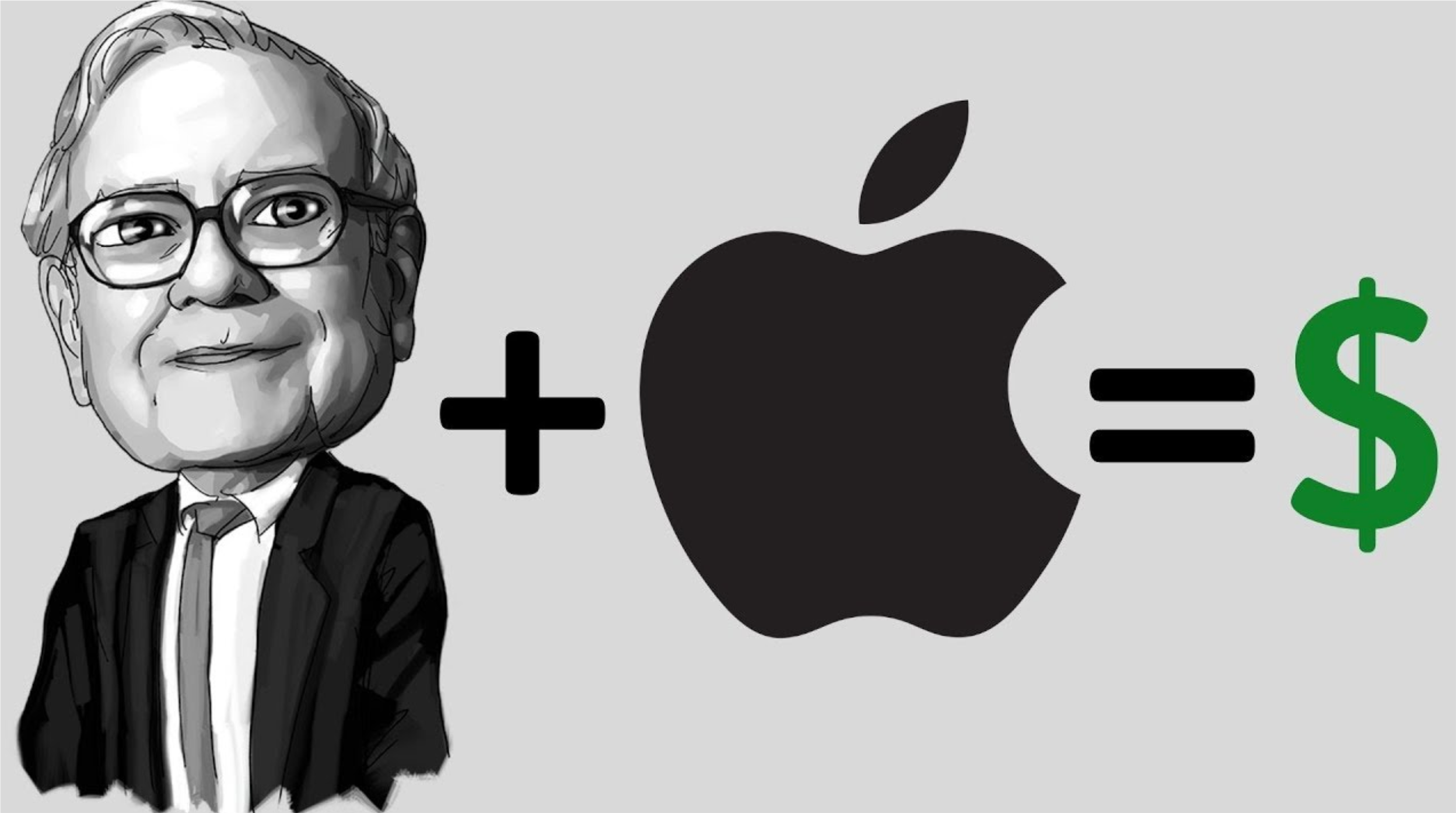Buffett is renowned for his long-term investment and steady strategy, and Berkshire Hathaway's long-standing substantial holding of Apple stock is considered one of Buffett’s most successful investments in recent years. However, the recent news of Buffett’s massive sale of Apple stock has sparked widespread attention and speculation in the market. Investors are pondering the underlying market signals and strategic adjustments behind this move.

Buffett is known for his investment philosophy of “holding great companies for the long term,” with a preference for obtaining compound growth through long-term holding rather than frequent trading. Apple became his largest holding because of its strong profitability, stable market position, and continuous innovation over the years. However, this sale may not entirely stem from concerns about Apple's prospects but rather from a thoughtful reassessment of the current market environment.
First, Apple’s stock has performed exceptionally well in recent years, with its market value surpassing $3 trillion. For an investor like Buffett, who emphasizes “value investing,” choosing to gradually reduce his holdings to lock in profits when a stock's valuation reaches or exceeds its intrinsic value is a rational decision. Given that Apple’s stock price has reached significant heights, Buffett may consider this the right time to realize some gains, especially in a market environment where tech stock valuations are generally high.
Additionally, as a diversified investment company, Berkshire Hathaway's Apple stock accounted for a significant portion of its portfolio. While Apple has performed exceptionally, concentrated stockholding still carries risks. By selling Apple shares, Berkshire can gain more capital for reinvestment in other industries or companies with growth potential, thereby further optimizing its portfolio. This diversification strategy helps reduce the risk associated with a single stock and enhances the overall stability of the investment portfolio.
Another factor not to be overlooked is that Buffett’s move may signal a cautious stance toward the current market. In recent years, global economic uncertainty has increased, especially amid generally high valuations of tech stocks, raising the risk of market adjustments. Buffett’s early reduction in some positions to cope with potential market fluctuations reflects his usual conservative and cautious style.
Despite choosing to sell some Apple shares, Buffett has maintained optimism about Apple’s long-term prospects. He has repeatedly emphasized that Apple is a company with strong brand influence and continuous innovation capabilities and remains a “great company” in his view. Therefore, this sale is more of a strategic adjustment to his portfolio rather than a lack of confidence in Apple’s future development.
It is worth noting that although Buffett reduced his Apple holdings, the market did not experience significant fluctuations. This indicates that investors remain confident in Apple’s fundamentals. Apple’s innovative capacity, strong financial performance, and broad product ecosystem continue to provide promising growth potential in the future. Buffett’s move also reminds us that even the most successful company stocks may require strategic adjustments when market conditions change.
Overall, Buffett’s sale of Apple stock does not signify disappointment in Apple but rather a rational and cautious investment decision made in response to the current market environment. This event not only reflects Buffett’s consistent investment philosophy but also serves as an example for investors to consider how to maintain a stable strategy in a high-valuation market.